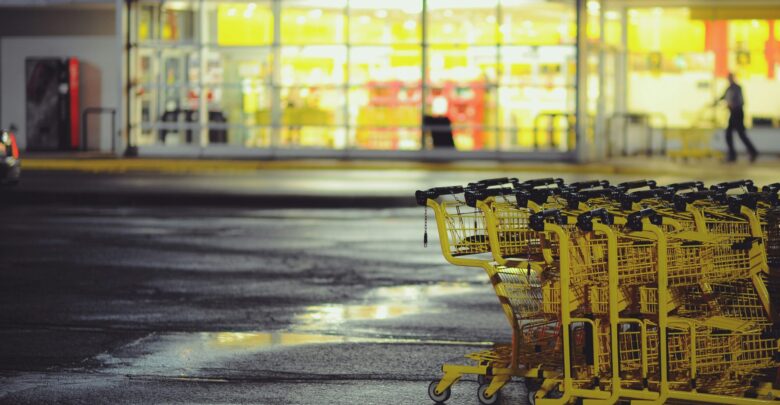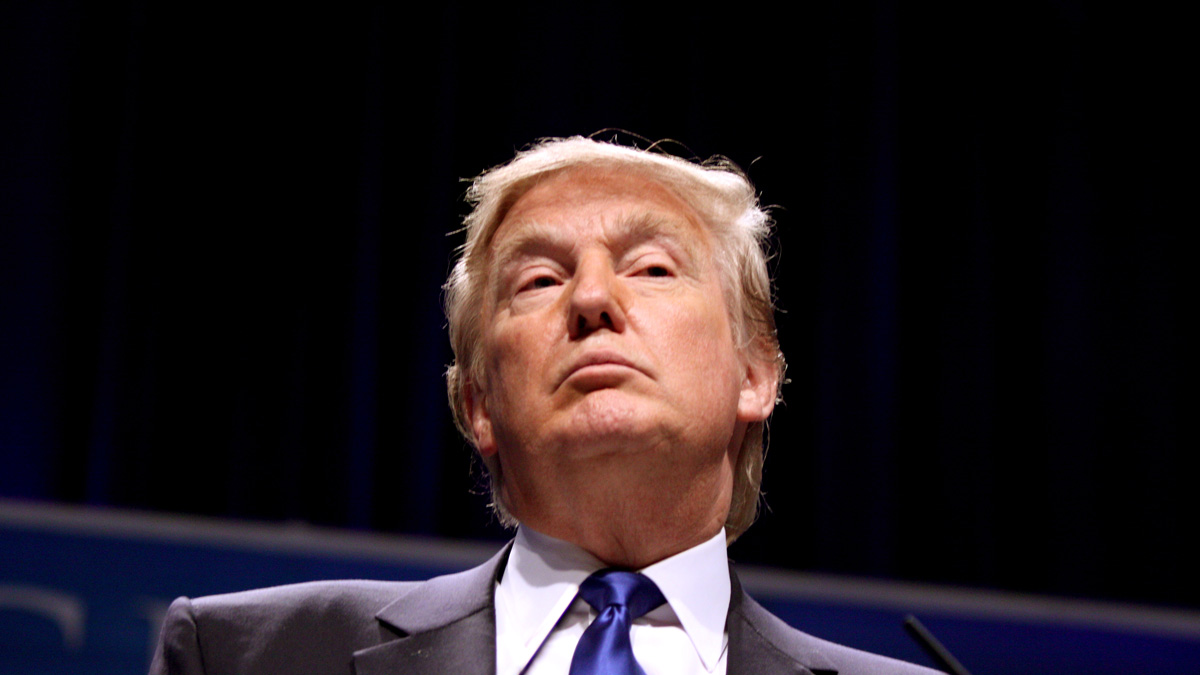 Clark Young
Clark YoungWhile people are being priced out of produce, thousands across Canada are taking a stand against inflated pricing in major grocery chains. May 1 marked the start of a month-long, nationwide boycott of Loblaws — spearheaded by the subreddit r/loblawsisoutofcontrol — which has since been extended indefinitely.
According to the subreddit, Canadians are facing a cost-of-living crisis, fuelled by price-gouging in major food retailers. This movement is a response to Loblaws’ price increases, which are becoming increasingly unbearable for consumers. Despite the widespread effects of this, the Government of Canada is doing little about it. The boycott is an example of consumers coming together to fight for themselves, but ultimately they shouldn’t have to. Our government should be fighting just as hard — but it isn’t. It’s done little to respond to growing concerns and even petitions.
Companies started to raise prices during the pandemic, using “supply chain disruptions” as an excuse. Former president and current Loblaws Chairman of the Board, Galen Weston Jr., continues to claim that supplier prices are causing Loblaws’ inflated prices. But many people question why the prices of Loblaws’ subsidiaries like No Name and President’s Choice keep rising too. And how despite these alleged issues, the company’s profits keep growing. Despite this being an issue that affects every Canadian, the federal government is turning a blind eye. Its efforts to regulate the manufactured inflation of groceries have been minimal.
Canadians have become fed up with struggling to afford basic produce while Weston enjoys his private island. Over 90,000 people have flocked to r/loblawsisoutofcontrol because of their shared frustration with the manufactured unaffordability of Loblaws and the other big five grocers. The movement also appeals to many people. As one user put it: “Conservative, progressive, socialist, we’re not that different. We all want to be able to afford our food.” And evidently, consumers are done waiting for the federal government to take action — they’re going to take on Loblaws themselves.
The other Canadian industry giants such as Metro, Costco, Walmart, and Empire make up 76 per cent of food retail sales. Consumers have accused all of the big five of inflating prices, but Loblaws’ domination of the market made it the target of the boycott. Loblaws holds 28 per cent of grocery sales in the country — eight per cent more than it next closest competitor. And its reach goes beyond groceries too. Loblaws is the parent company of chains such as Superstore, No Frills, Shoppers Drug Mart, T&T Supermarket, and other subsidiaries.
A lack of checks and balances has allowed Loblaws and other chains to needlessly inflate prices. The government has allowed the big five to continuously push the boundaries of what consumers will put up with and they’ve drawn a line. By pressuring Loblaws to stop inflating prices, boycotters hope that other companies will follow suit to remain competitive. But the government should be taking on a key role in pressuring Loblaws to lower its prices.
An additional goal of the boycott is for Loblaws to sign onto the Grocery Code of Conduct. This code of conduct aims to regulate supplier-retailer relationships and reduce the monopolization of the industry. This is one of the only efforts the federal government has made to keep grocers in check. As of July 18, Loblaws and all major grocers agreed to sign onto the Grocery Code of Conduct after revisions and clarification.
However, this is too little, too late for many former customers. The Grocery Code of Conduct doesn’t have any direct influence over how Loblaws sets its prices, which is consumers’ main concern. And Loblaws’ reluctance to sign-on left boycotters with a sour taste in their mouths. One user commented that “Loblaws should’ve done the right thing” without their customers fighting for their right to affordable food.
Food is not a luxury. As the cost-of-living rises, consumers from all walks of life have become increasingly frustrated with a market that is exploiting them. The Loblaws boycott is an effort to solve a problem plaguing all Canadians. It’s succeeded in empowering people across the country to advocate for themselves. However, the government needs to make systemic changes to address the root of the issue. Life’s necessities shouldn’t have paywalls and the federal government should recognize that. But the boycott has shown that if the government won’t fight for Canadians, they’ll take things into their own hands.




